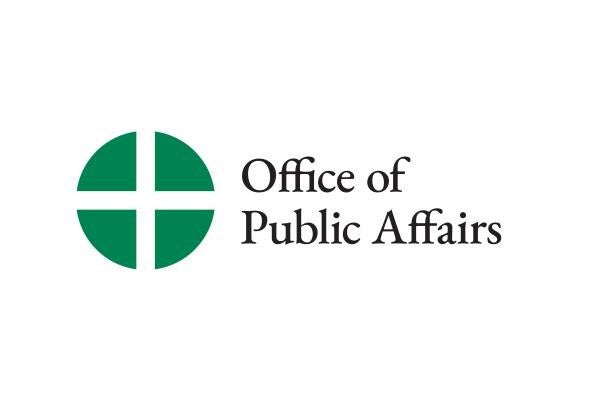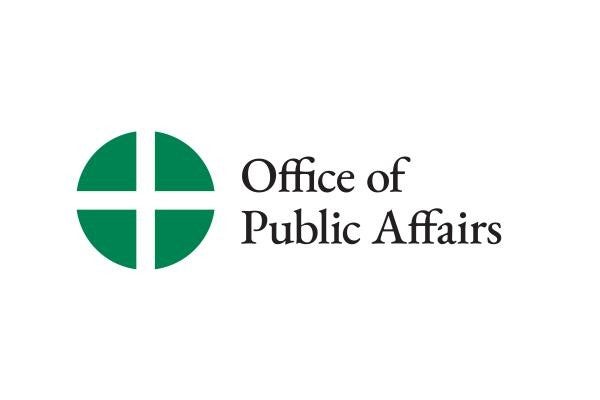Christian Unity Summit Brings Together Leaders From Several Ecumenical Organizations
WASHINGTON—At the invitation of Cardinal William Keeler, archbishop emeritus of Baltimore, a “Christian Unity Summit” took place on January 10-11, bringing together 27 church leaders from African American, Catholic, Evangelical, Historic Protestant, Orthodox and Pentecostal perspectives who particip
WASHINGTON—At the invitation of Cardinal William Keeler, archbishop emeritus of Baltimore, a “Christian Unity Summit” took place on January 10-11, bringing together 27 church leaders from African American, Catholic, Evangelical, Historic Protestant, Orthodox and Pentecostal perspectives who participate in four ecumenical organizations: Christian Churches Together in the USA (CCT), Churches Uniting in Christ (CUIC), the National Council of Churches of Christ (NCCC), and the National Association of Evangelicals (NAE).
The two day meeting, which took place at the Center for Continuing Formation at St. Mary’s Seminary and University in Baltimore, Maryland, was conceived of by Michael Kinnamon (NCCC) and Dick Hamm (CCT), in recognition of the need for a broader conversation than is possible at present within the individual organizations.
Representatives of the U.S. Conference of Catholic Bishops (USCCB) included Bishop Denis Madden, auxiliary bishop of Baltimore and chairman of the Committee for Ecumenical and Interreligious Affairs; Father Brian Bransfield, associate general secretary; Oblate of Saint Francis De Sales Father John Crossin, executive director of the Secretariat for Ecumenical and Interreligious Affairs (SEIA), and Paulist Father Ronald G. Roberson, associate director of SEIA. USCCB has participated in Christian Churches Together in the USA since 2004.
The summit offered an opportunity for religious leaders from various Christian traditions to come together to discuss the future of the Christian unity movement in the United States at a time when the churches are facing a new context, to learn more about the traditions represented, and to discuss the functions, goals and challenges of the four unity organizations.
The group identified common challenges that affect the Christian unity landscape and point to the need for ongoing dialogue across traditions and organizations.
Among these challenges are reduced financial resources in many communions and organizations, a post-Christian secular environment, intensified interfaith engagements, and both continuing and new challenges regarding poverty, racism, the environment and religious freedom.
The dialogue revolved around questions such as how can the churches be faithful to Jesus’ prayer “that they may all be one” and how can the Christian unity organizations work in a more collaborative and less competitive way in the new context. There was a particular focus on highlighting ways in which the CCT and the NCCC are working in collaborative and complementary ways.
Though the group has no official standing or authority, the participants included leaders from each of the four organizations. It is hoped that the summit’s report will stimulate further reflection on Christian unity structures in the United States and help to bridge longstanding differences. The group plans to meet again in January 2013 to gauge progress and to continue the dialogue.
---
Keywords: Christian unity, ecumenism, Catholic, Evangelical, Historic Protestant, Christian Orthodox, Pentecostal, Cardinal William Keeler , Christian Churches Together in the USA (CCT), Churches Uniting in Christ (CUIC), the National Council of Churches of Christ (NCCC), and the National Association of Evangelicals (NAE), Michael Kinnamon, Dick Hamm, Bishop Denis Madden, Father John Crossin, Secretariat for Ecumenical and Interreligious Affairs, Catholic bishops
# # # # #
MEDIA CONTACT:Don ClemmerO: 202-541-3206M: 260-580-1137Email

